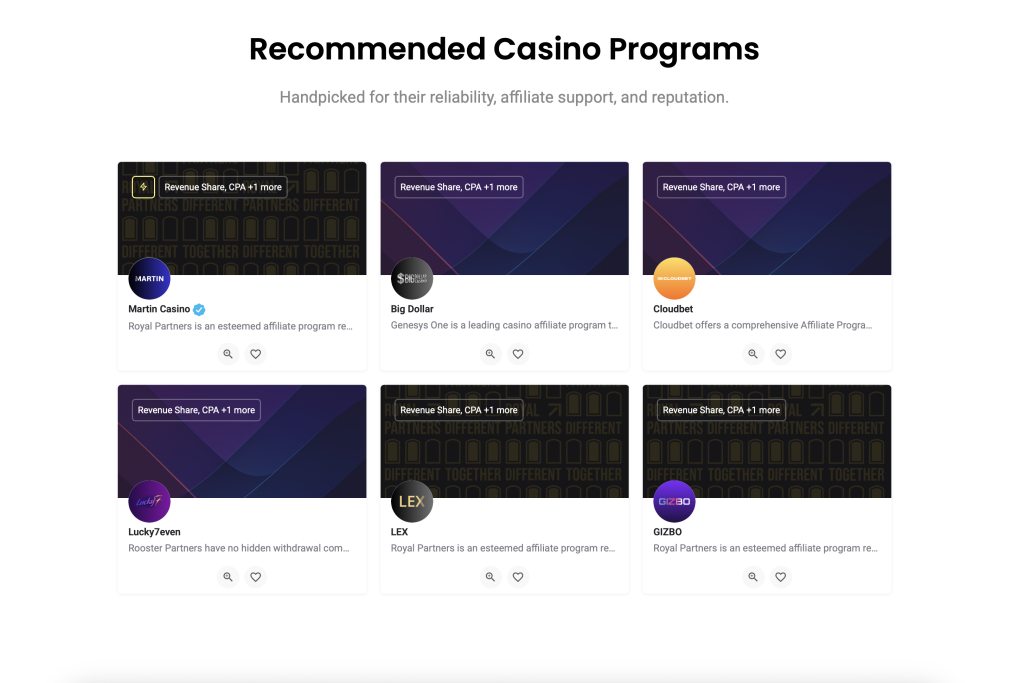The Power of Transparency in Affiliate Marketing: Building Trust for Long-Term Success

In the ever-evolving landscape of affiliate marketing, one factor remains constant: the importance of transparency. From disclosing affiliate relationships to providing honest reviews, transparency plays a crucial role in building trust with both consumers and partners. In this article, we’ll delve into the power of transparency in affiliate marketing and explore how it can drive long-term success for affiliates and brands alike.
When consumers feel that they’re getting honest and unbiased information from affiliates, they’re more likely to trust their recommendations. This trust is the foundation of successful affiliate marketing relationships and can lead to increased conversions and customer loyalty.
Affiliates who are transparent about their partnerships and disclose any potential biases or conflicts of interest are viewed as more credible by their audience. This credibility can differentiate them from competitors and position them as trusted authorities in their niche.
For brands, transparency in affiliate marketing demonstrates a commitment to ethical business practices and customer satisfaction. By working with transparent affiliates, brands can enhance their reputation and attract more discerning consumers who value honesty and integrity.
Today’s consumers are savvy and can easily spot disingenuous marketing tactics. Affiliates who are transparent in their promotions and recommendations come across as authentic and genuine, which resonates with audiences seeking authentic connections with brands.
Clearly disclose any affiliate relationships or partnerships to your audience. This can be done through disclosures on your website, blog posts, social media channels, and email communications.
When promoting products or services as an affiliate, provide honest and unbiased reviews based on your personal experience. Avoid exaggerations or misleading claims that could undermine your credibility.
If you receive any incentives, such as free products or affiliate commissions, disclose them to your audience. Transparency about any potential biases ensures that your recommendations are viewed as honest and impartial.
Foster open communication with your audience by encouraging feedback, answering questions transparently, and addressing any concerns or criticisms openly. This demonstrates your commitment to transparency and builds trust with your audience over time.
In the competitive world of affiliate marketing, transparency isn’t just a buzzword – it’s a powerful tool for building trust, credibility, and authenticity. By incorporating transparency into your affiliate marketing strategy, you can differentiate yourself from competitors, build stronger relationships with your audience, and ultimately drive long-term success for your affiliate business.
Comments
You must be logged in to leave a review.


